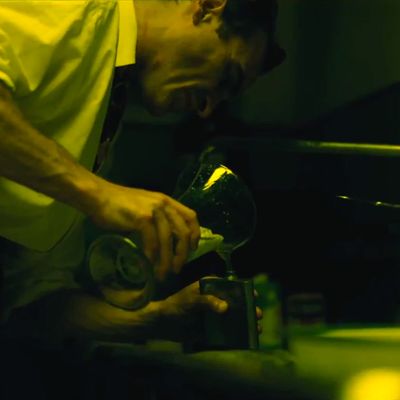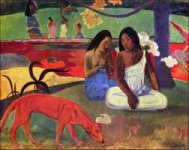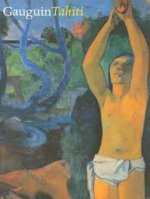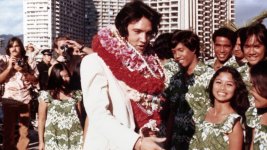sus
Moderator
It takes Banks years to settle into conventional behavior and dodge the London scandalmill.
He is famous, alongside Cook, for the expedition—the pair are celebrities, and London society is "agog" with their "national triumph": a thousand new plant specimens, five hundred animal skins or skeletons, native artefacts, and new worlds: Australia, New Zealand, the South Pacific. The "armchair travelers" are delighted by his journals.
But he is infamous for the cancelled engagement and his sexual behaviors post-Tahiti. There are rumors of an illegitimate child. He takes up with Sarah Wells, with "no prospect of conventional betrothal or marriage." There is gossip that he and Lord Sanwich are cavorting with unmarried young women on Sandwich's estate. His sister pressures him to become "enlightened with the Bright Sunshine of the Gospel."
He is famous, alongside Cook, for the expedition—the pair are celebrities, and London society is "agog" with their "national triumph": a thousand new plant specimens, five hundred animal skins or skeletons, native artefacts, and new worlds: Australia, New Zealand, the South Pacific. The "armchair travelers" are delighted by his journals.
But he is infamous for the cancelled engagement and his sexual behaviors post-Tahiti. There are rumors of an illegitimate child. He takes up with Sarah Wells, with "no prospect of conventional betrothal or marriage." There is gossip that he and Lord Sanwich are cavorting with unmarried young women on Sandwich's estate. His sister pressures him to become "enlightened with the Bright Sunshine of the Gospel."
He was reported to have taken a young woman—presumably Sarah Wells—on a scandalous fishing party with Lord Sandwich and his mistress Martha Ray, during which the women sang and danced while the men "played the kettle drums" (perhaps in an attempt to recreate the Tahitian timorodee).






